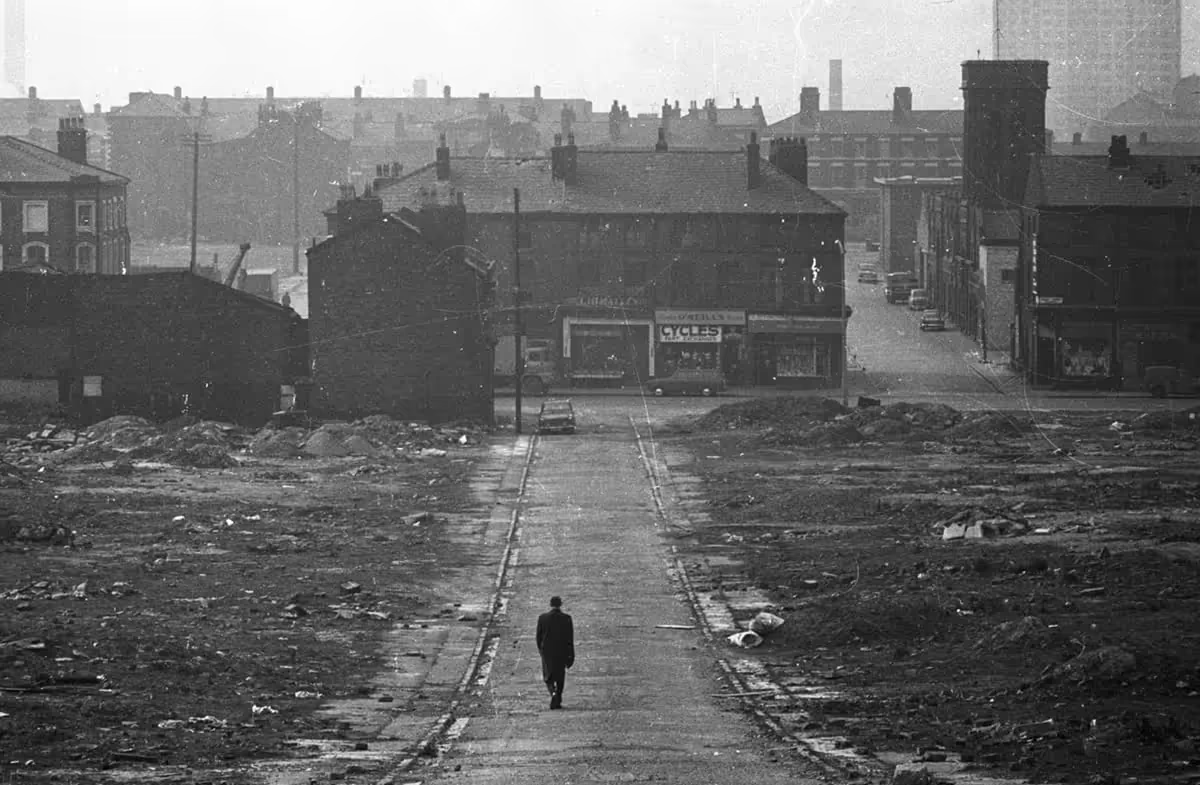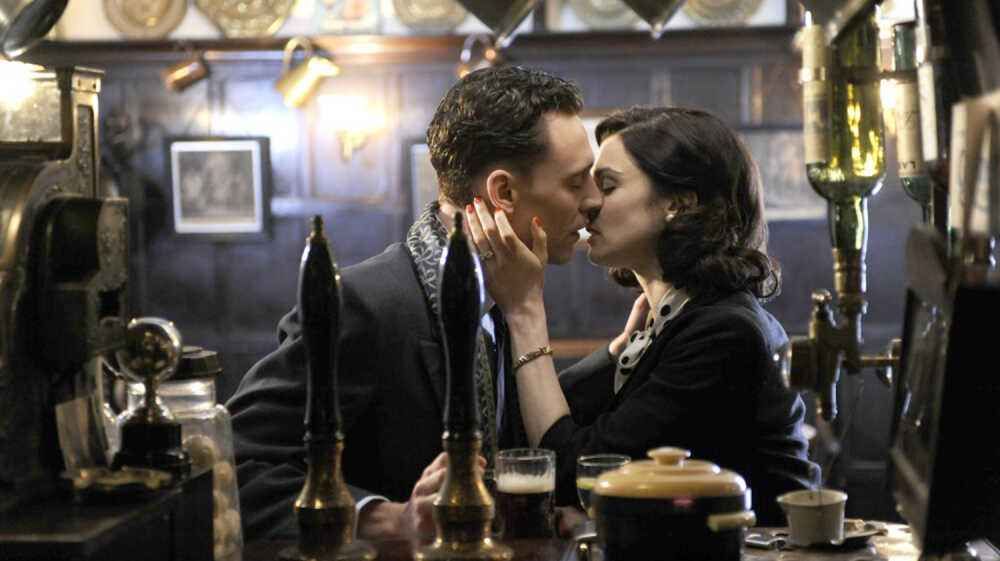Of Time and the Filmmaker: Terrence Davies (1945-2023)
Terence Davies always understood our world wasn’t built to last.

When Terence Davies’ Benediction arrived in theaters last year, it was too easy to take for granted. Rather than the swan song of one of England’s greatest directors, it could be seen as “just” another excellent Terence Davies movie. True, there weren’t that many Davies films. Never a commercially successful filmmaker—or, for that matter, a commercial one—Davies, who died after a short illness this weekend at the age of 77, frequently had trouble securing financing for his projects. But that had turned around in recent years. Davies’ final decade was positively bustling, producing four features between 2011 and 2021, when Benediction debuted at TIFF. Why should we expect that to end?
The answer—as Davies’ films conveyed as well as any filmmaker’s—is time. With alienation and loneliness, time was Davies’ great theme and, like those others, it’s one he treated with complexity and searing clarity. Distant Voices, Still Lives, his autobiographical 1988 breakthrough, presents the full horror of a Liverpool childhood spent in a crowded home terrorized by an abusive father (Pete Postlethwaite), but it also aches with nostalgia for the irrecoverable past. This was a youth to be wished on no one, but it was also his youth. And, as for everyone else, it’s the only youth Davies had. Its dramas played out in a lost world that can never be revisited except in memory.

Davies’ filmography is filled with lost worlds and mixed feelings. In one of the most memorable scenes of his 2011 film The Deep Blue Sea, an adaptation of Terence Ratigan’s play of the same name, the troubled heroine Hester (Rachel Weisz) flashes back to a fearful night spent in a London Underground station during a German air raid. It’s transformed— via a slow-building singalong to a “Molly Malone,” a song known to all those taking shelter—into a moment of defiance and unity that would never have happened without the war. But this proves fleeting, and that night’s feelings are unsustainable without the threats of wartime, which has since given way to a post-war life of yearning and discontent.
The Reveal is a reader-supported newsletter dedicated to bringing you great essays, reviews and conversation about movies. While both free and paid subscriptions are available, please consider a paid subscription to support our long-term sustainability. Annual subscriptions are now 20% off for a limited time.
This post is for paying members only
Sign up now to read the post and get access to the full library of posts for subscribers only.
✦ Sign up